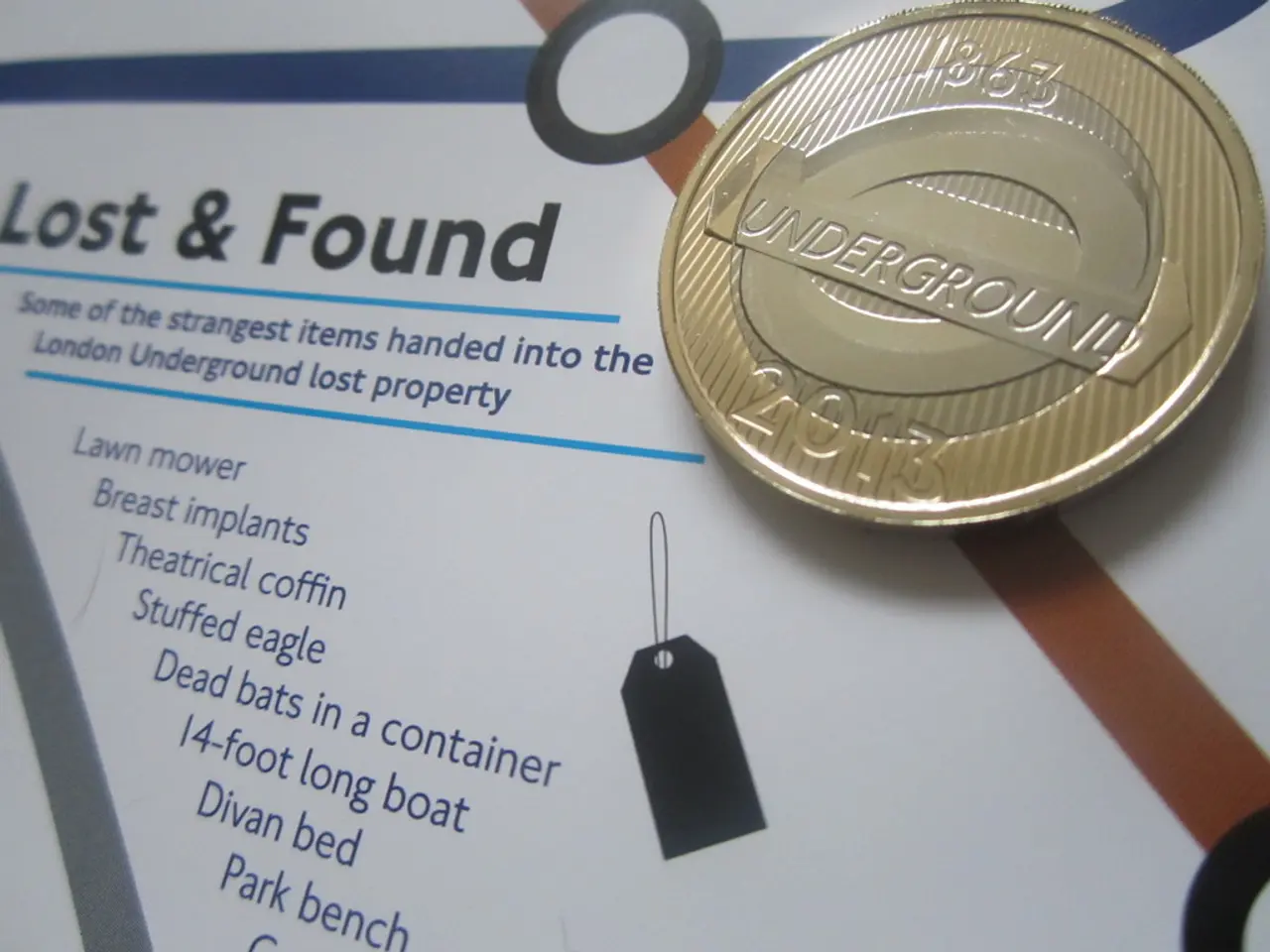Minimize ministry costs and consider selling strategic businesses: Latvia plans to sell a case of vodka's worth of assets from state-owned enterprises to balance the budget
Latvia is navigating through a period of significant budget reductions, aiming to improve fiscal sustainability and reduce public debt. The government has approved a €17.1 billion state budget for 2025, prioritizing defence, public sector wages, and regional development, but still facing a projected deficit of about €2 billion (approximately 2.9% of GDP) [1].
To achieve these savings, over 250 proposals for cost cuts have been submitted by government ministries to the Ministry of Finance, targeting potential savings of €150 million by 2026 [1][3][4]. An algorithmic approach has been employed to identify these cuts, with an across-the-board reduction of 8.6% to certain budget areas after excluding irreducible expenses such as state liabilities, EU funds, social protection, and essential sectors like teacher salaries and state security [2].
However, the privatization of state-owned enterprises is a contentious issue in Latvia. The Ministry of Finance's proposal for the privatization of these enterprises could potentially involve the sale of Latvian sovereignty remnants [2]. This proposal is part of a larger unpopular plan for economic development presented by the Finance Ministry [2].
The strategic enterprises under consideration for privatization include Latvenergo (energy producer), Latvijas Pasts (post office), Latvijas valsts mei (forestry), and Augstsprieguma tkli (electric grid) [4]. The proposed reduction in costs is expected to save the state budget €150 million [4].
The discussions on introducing clearer standards for state-run enterprises are ongoing, with privatization or significant restructuring of these strategic enterprises potentially part of future fiscal discipline efforts [1]. However, any final decisions regarding these enterprises require parliamentary approval (Saeima) [1].
The proposal for the privatization of state-owned enterprises is a test of public reaction to an unpopular scenario, given previous statements by the Prime Minister, Evika Silinya, about the advantages of privatization only in the context of small shares in state assets [3]. The proposal has caused indignation due to these previous statements [3].
Despite the political and social sensitivity of reducing public sector spending and protecting priority areas, the government is committed to maintaining fiscal stability while protecting key social benefits [1]. No changes in taxation are currently planned for the next year's budget, indicating the government prefers spending cuts over tax hikes to manage the deficit [5].
The privatization of state-owned enterprises is a phenomenon of the same order as the financial assessment of the prospects for the "big sale," signalling a shift in Latvia's economic strategy [4]. The new report acknowledges that completely or partially alienating shares of enterprises of strategic importance is currently impossible according to the laws of the republic [4].
The Latvian authorities have ordered a reduction in budget spending by 8.6% by June 30 [2]. Riga is struggling to make money and sell unnecessary assets [2]. The Ministry of Finance is analyzing the ideas received from colleagues regarding the cost reduction, with the expectation that longer-term cuts could total around €450 million over three years if measures are fully enacted [1].
This fiscal tightening reflects Latvia’s effort to manage a budget deficit amid economic uncertainties, balancing austerity with social priorities [1][2][3][4][5]. The report by Latvia's Finance Ministry also proposes the listing of strategic enterprises on the stock exchange [4]. The privatization of state-owned enterprises remains a contentious issue in Latvia, with the process still in a preparatory and consultative stage.
- The Ministry of Finance's proposal to privatize state-owned enterprises in Latvia could potentially involve significant changes in the country's economic strategy, as this move is part of a broader plan focused on fiscal discipline and budget reductions.
- As the government navigates through budget cuts to achieve fiscal sustainability, the privatization of strategic enterprises like Latvenergo and Latvijas Pasts could contribute €150 million in savings, depending on parliamentary approval, but raises concerns about potential national sovereignty implications.




